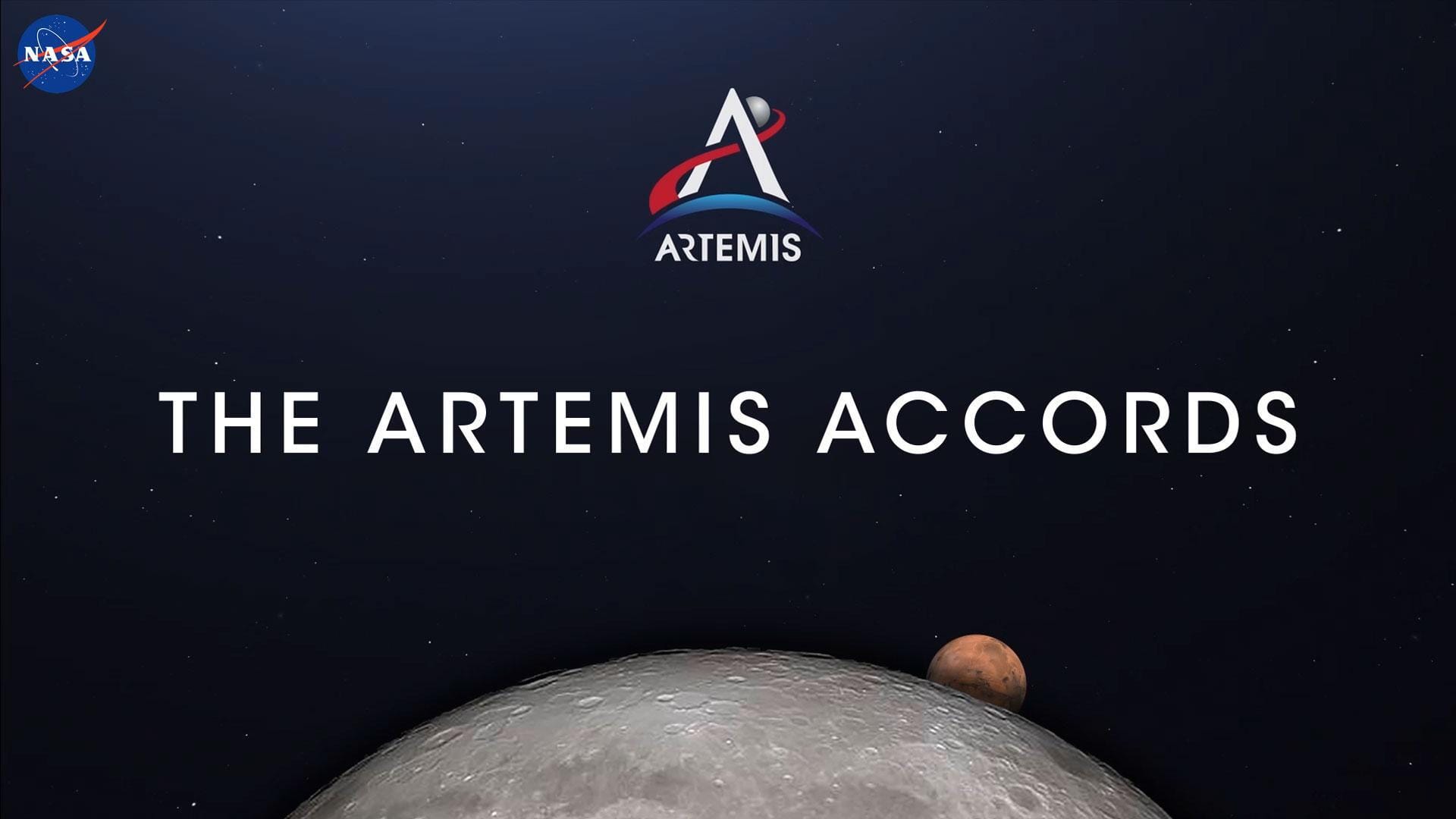
How NASA's Artemis Accords will ensure peaceful deep space exploration
What's the story
NASA's Artemis Accords, a global alliance to set rules for peaceful deep space exploration, has gained a lot of momentum.
The agency has managed to get nearly a quarter of the world's nations on board.
The diplomatic expansion has seen a spike in recent months with 12 new signatories since January, taking the total to 45.
Estonia was the latest country to join last week at the International Astronautical Congress in Milan.
Peaceful exploration
A preemptive measure against conflict
The Artemis Accords are also a preemptive measure against conflict, paving the way for a peaceful future.
Michael Gold, former NASA associate administrator for space policy and partnerships, said the accords were crafted to be as inclusive as possible.
"We wanted to ensure they were as inclusive as possible, that any nation which wanted to support responsible, safe and sustainable exploration could do so," he said.
Global collaboration
Artemis Accords attract diverse range of partners
The Artemis Accords have drawn a diverse range of partners, key to NASA's plans for future space missions.
The agency hopes to land a crew on the Moon by 2026 and has long-term ambitions for Mars exploration.
This global effort isn't just about advancing technology but also about building a better future, Gold said.
However, notable absentees from the list of signatories include China and Russia who are collaborating on their own lunar research station project.
Diplomatic impact
A tool for setting norms of behavior
The Artemis Accords are viewed as a means of establishing norms of behavior in global forums such as the United Nations.
Gold stressed that even for countries that haven't signed, the accords are making a substantive, real impact.
"You can't force any country to sign, but what we can do is lead by example, show what good looks like," he said.
Emerging interest
Artemis Accords attract countries with emerging interest in space
Giovanni Zanalda, Director of Duke University's Rethinking Diplomacy Program, said NASA has been successful in luring smaller countries with budding interest in space with the Artemis Accords.
He emphasized that even small nations understand their dependence on assets in space ,for reasons like agriculture and weather-related issues.
This understanding has resulted in more countries signing up for the accords.